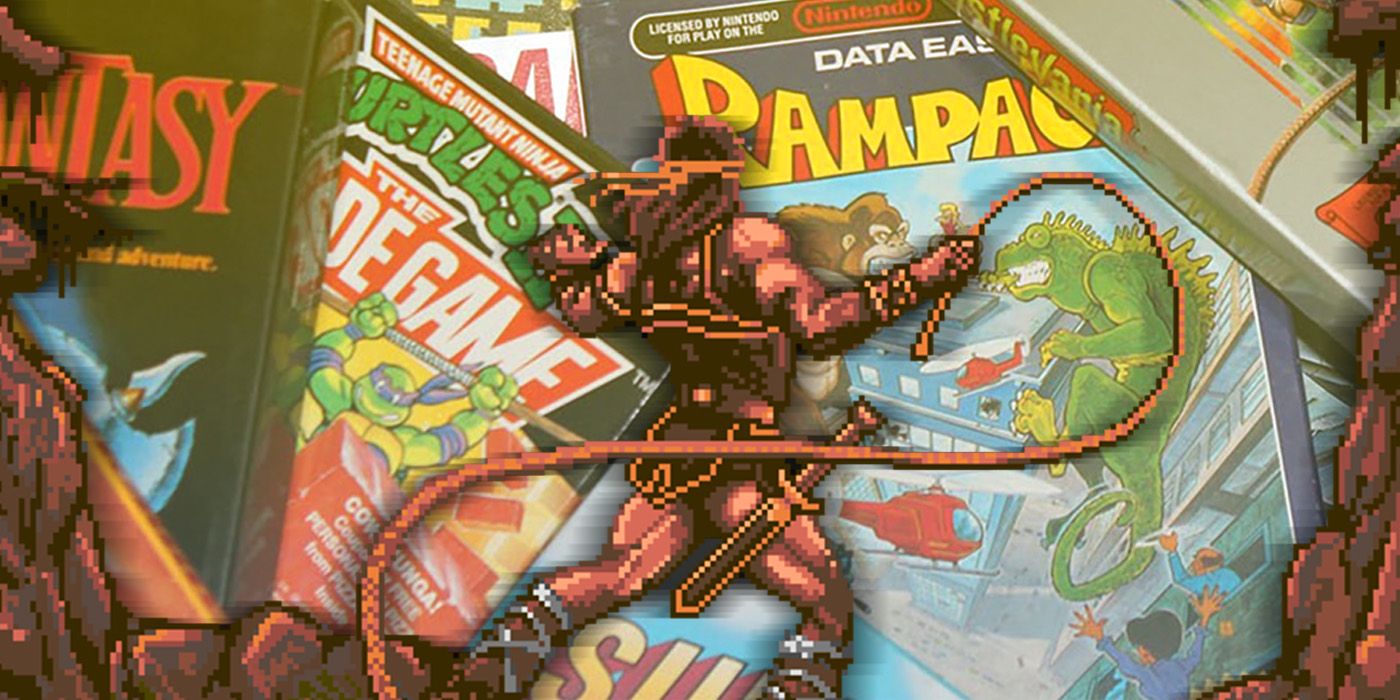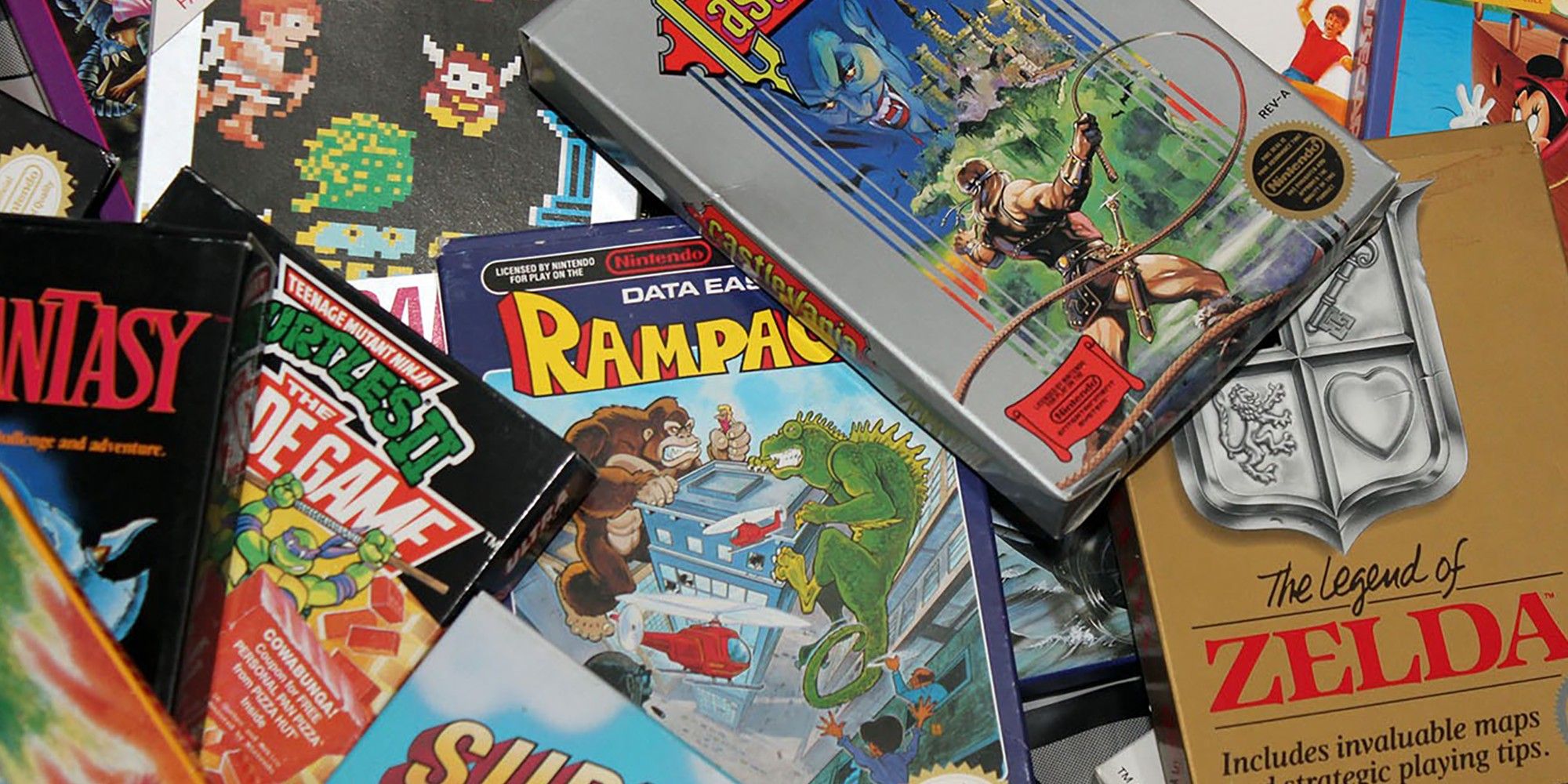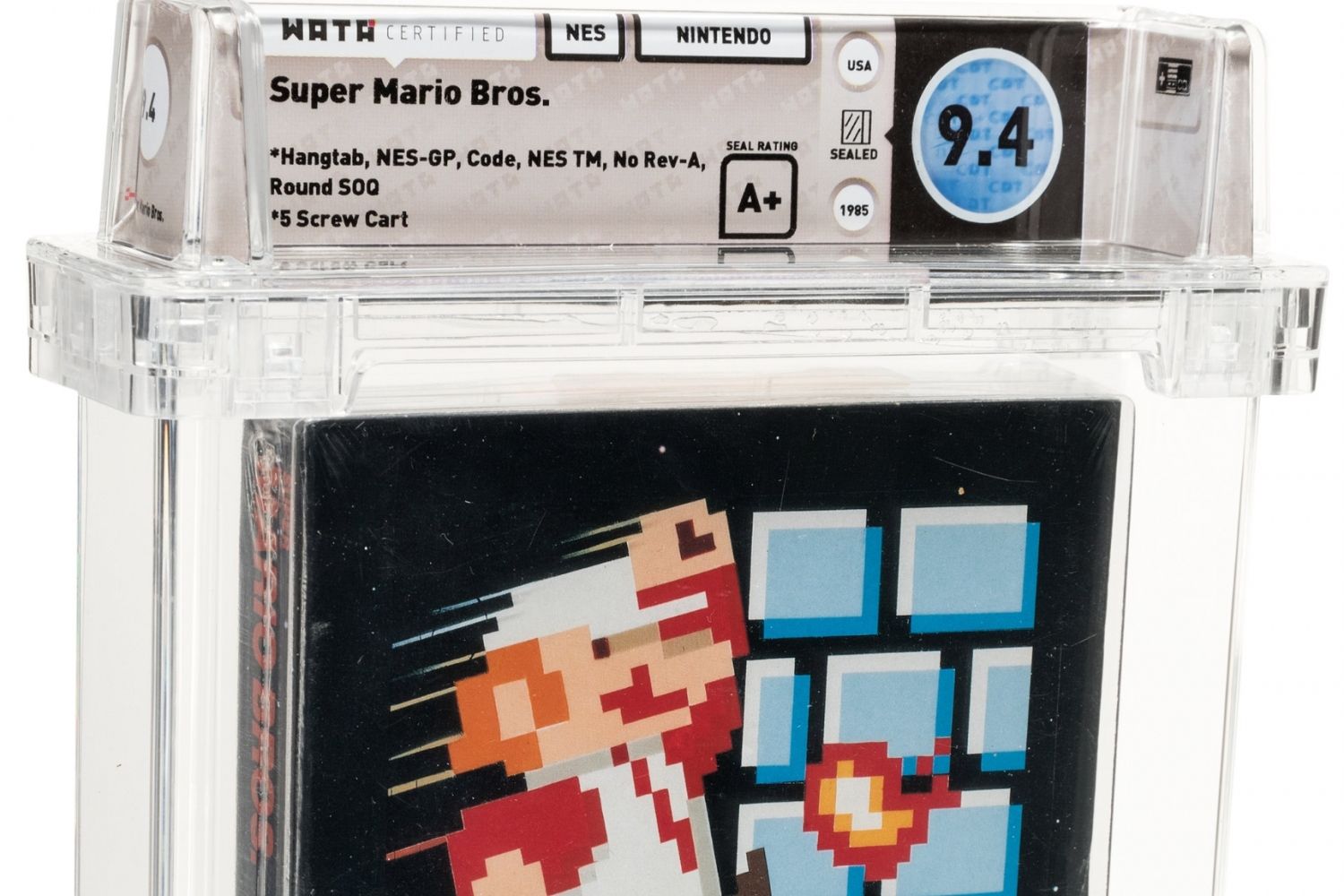Video Game Grading Why This Controversial Trend Divides Game Collectors
Video Game Grading: Why This Controversial Trend Divides Game Collectors
Video game grading is a hot topic that divides collectors. Here’s why many people either love or hate the practice.
You Are Reading :[thien_display_title]

Grading, the practice of sealing an item in a display case in order to preserve its condition, is not a new phenomenon. But while collectors have been doing with things like comic books and baseball cards for quite some time, it’s a relatively new idea in the video game collecting community. The trend is dividing game collectors more than ever before, with some calling it a waste of time and others believing it’s important for preserving video game history.
Video game grading took off when companies like Wata Games and Video Game Authority (VGA) emerged on the scene in the mid-to-late-2000s. People would send their rare and collectible video games off to these companies, and they would rate the game’s condition, put it in a strong plastic display case, and ship it back to the owner for a fee. These cases are unopenable to prevent the game’s condition from declining. While the companies started off grading factory-sealed games, they have moved on to grading everything from retro cartridges to modern titles.
Graded video games often sell for high prices regardless of if the game itself is rare or not. A common game like Super Mario World usually sells for under $20 loose and around $250 for a complete in box (CIB) copy. However, a graded copy of Super Mario World can sell for thousands of dollars. This leads many people who don’t care about video games to get into the hobby for the sole purpose of making a profit. Some people will buy multiple copies of a common game, get them graded, and sell them for insane prices.

Many video game collectors criticize game grading for manipulating the retro market. Most people who collect games enjoy retro titles and play the ones they have in their collections. But since graded games are locked in display cases, they cannot be played and only serve as centerpieces for people to look at or say they own. This takes copies that could have gone to someone who actually wants to play off the market. Certain retro games are becoming scarce and aren’t available on any digital store or platform. If these rare games keep getting graded, playable versions will be harder to come by, potentially raising the games’ already expensive prices.
However, some graded game collectors argue that the practice helps preserve video game history. A handful of museums focused on gaming have popped up in recent years in hopes of preserving uncommon and abstract titles that fell into obscurity over time. Proponents of grading argue they are doing something similar by locking their collections in safe display cases where they cannot be damaged or misplaced. To them, the downsides are justified if it means preserving the game.

Another issue many collectors have with grading is how companies rate the games. There are cases where grading companies have given average looking games high ratings even though they weren’t in the best condition. One collector even managed to open a case and send the game back only for it to get a higher rating the second time around. This led many to question the companies’ rating systems. Many believe the process is too broad and inconsistent, and some enthusiastic feel it’s not worth getting behind the trend until the companies involved implement better policies.
Video game grading is a controversial topic within the game collecting community. Some are all for it, while others refuse to support the trend in any way. The outrageous price points and questionable rating systems have also deterred many collectors who may otherwise be interested from jumping on board with the practice. Both critics and fans of the practice have their points. While it is expensive and prevents anyone from actually playing the copy itself, it is a good way to preserve a piece of gaming history. Regardless of the controversy, the trend doesn’t seem to be slowing down and will likely continue growing just as gaming itself is.
Link Source : https://www.cbr.com/video-game-grading-divides-collectors/
Movies -10 Amazing SpiderMan Cosplays That Will Blow You Away
When Will Legacies Trigger Hopes Vampire Side
Bleach 10 Characters Who Changed the Most By The End Of The Series
EXCLUSIVE Hulk #2 Introduces Its Own Terrible Version of DC’s Authority
Frozen 2 Shows Off Elsas New Powers
One Piece WhosWho Has a Surprisingly Long History
HeMan & the Masters of the Universe Gave Adam & [Spoiler] the Perfect Date
